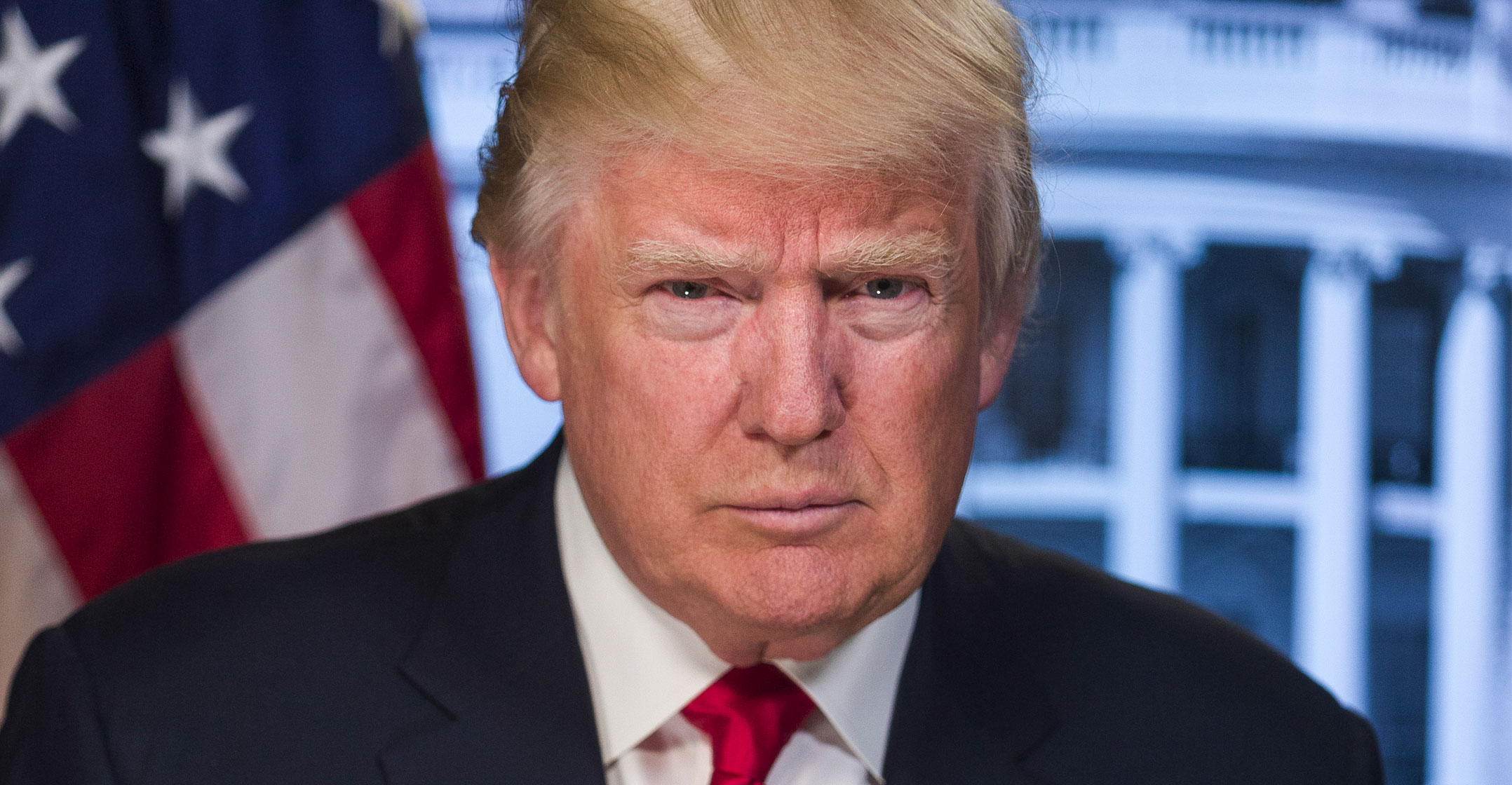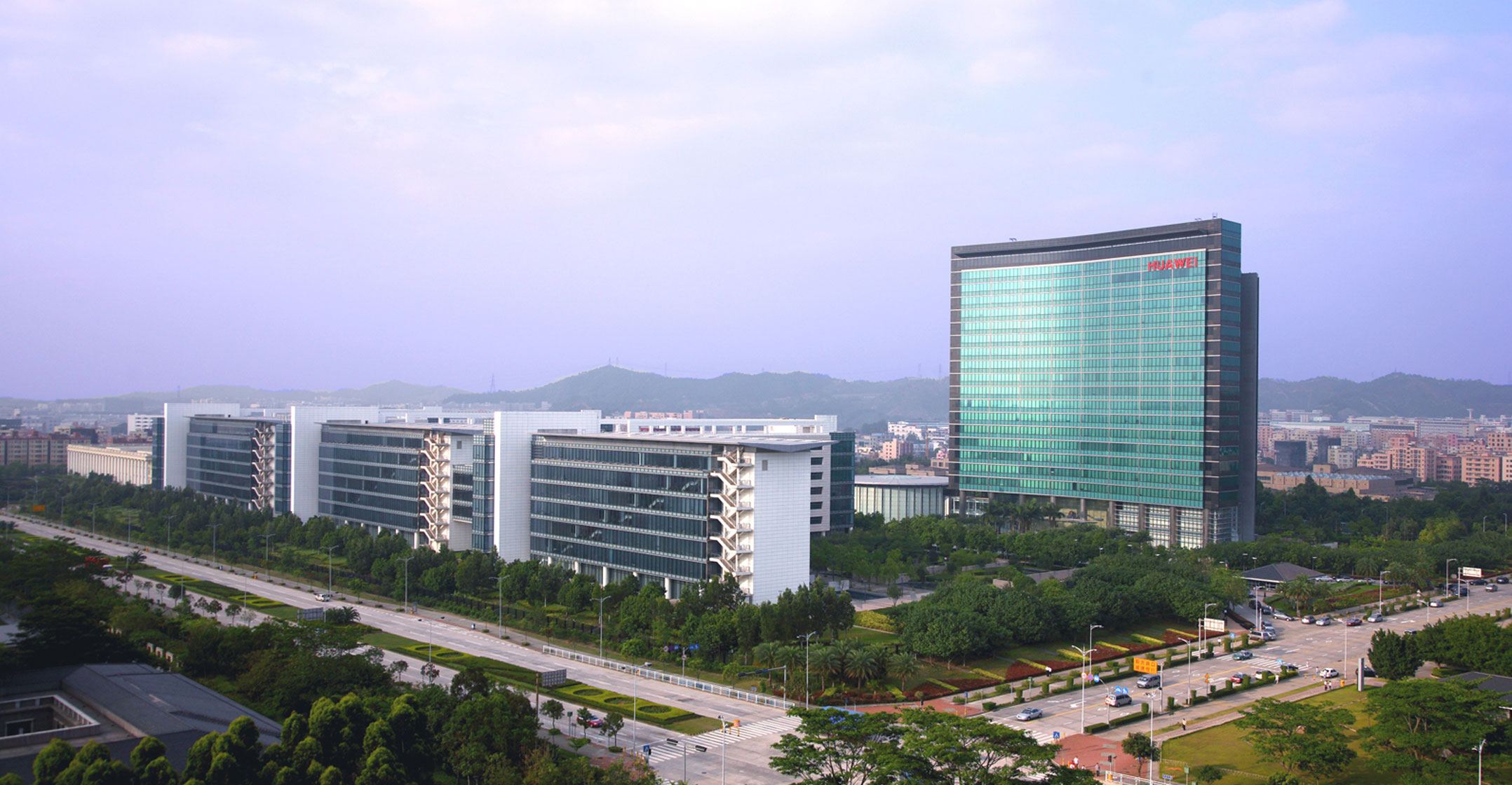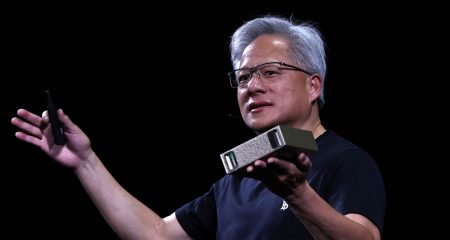
The White House sent its point man on cybersecurity to Berlin this week to drive home US President Donald Trump’s warnings over Chinese telecommunications equipment maker Huawei.
Joshua Steinman, an adviser to Trump on cyber issues, met with German officials, a US embassy spokesman said without commenting further on the visit. Chancellor Angela Merkel’s interior minister Horst Seehofer said on Thursday that security officials tasked with protecting Germany’s network infrastructure had spoken to a US counterpart.
Steinman expressed encouragement over a number of security measures proposed by Germans officials to protect the country’s future 5G wireless networks, according to a person familiar with the discussion who asked not to be identified. At the same time, he applied sharp pressure to make security a priority with Huawei.
The White House press office had no comment.
The Trump administration is making a sustained effort to block Huawei from key infrastructure, warning that the presence of the Chinese technology giant in 5G networks will open the door to espionage. So far, European allies caught between pressure from Washington and Beijing have refused to ban Huawei from participating in the buildup of the ultra-fast 5G networks.
Without identifying Steinman by name, Seehofer said on Thursday that the US official “was very impressed” by his visit to the ministry the day before. Seehofer was joined by the ministry’s top security team to brief a group of reporters on the government’s digital agenda, including cyber defence measures that encompass the country’s 5G buildout.
Displeasure
Seehofer signalled displeasure with a warning by US ambassador Richard Grenell, who said in a letter earlier this month that Trump’s administration may cut back on intelligence-sharing with German security agencies if Huawei becomes involved in the country’s 5G network.
“You always need to have a dialogue with allies, not make things public,” Seehofer said.
Merkel, who wants to remain engaged with China, defended her government’s decision not to impose an outright ban on Huawei. Even as Germany toughens its security standards, singling out individual companies is a step too far, she told a crowd at the Global Solutions summit in Berlin.
 “There are two things I don’t believe in,” Merkel said in an on-stage discussion on Tuesday with John Micklethwait, editor-in-chief of Bloomberg News. “First, to discuss these very sensitive security questions publicly, and second, to exclude a company simply because it’s from a certain country.’’
“There are two things I don’t believe in,” Merkel said in an on-stage discussion on Tuesday with John Micklethwait, editor-in-chief of Bloomberg News. “First, to discuss these very sensitive security questions publicly, and second, to exclude a company simply because it’s from a certain country.’’
Still, interior ministry officials are among hardliners in Merkel’s government — along with the BND foreign intelligence agency and the foreign ministry — who are concerned that Huawei opens a grave risk of Chinese espionage or sabotage for Germany’s network infrastructure. They’re holding out the prospect that new standards will be rigorous enough to block Huawei.
Germany began to auction 5G spectrum this week. Security measures include the requirement for vendors to sign a declaration of trustworthiness, which will be verified by German authorities in order to grant certification.
Trustworthiness will include guarantees by companies not to hand over sensitive data to governments in their home countries, according to interior ministry officials. That appears to be an effort to address concerns that Huawei will be be required by Chinese law to share information with the government.
Steinman’s visit isn’t the first by a US official. The administration sent a delegation in December for talks with German officials at the foreign ministry in Berlin to increase pressure on German security officials as the country prepared its 5G auction. — Reported by Patrick Donahue, (c) 2019 Bloomberg LP




